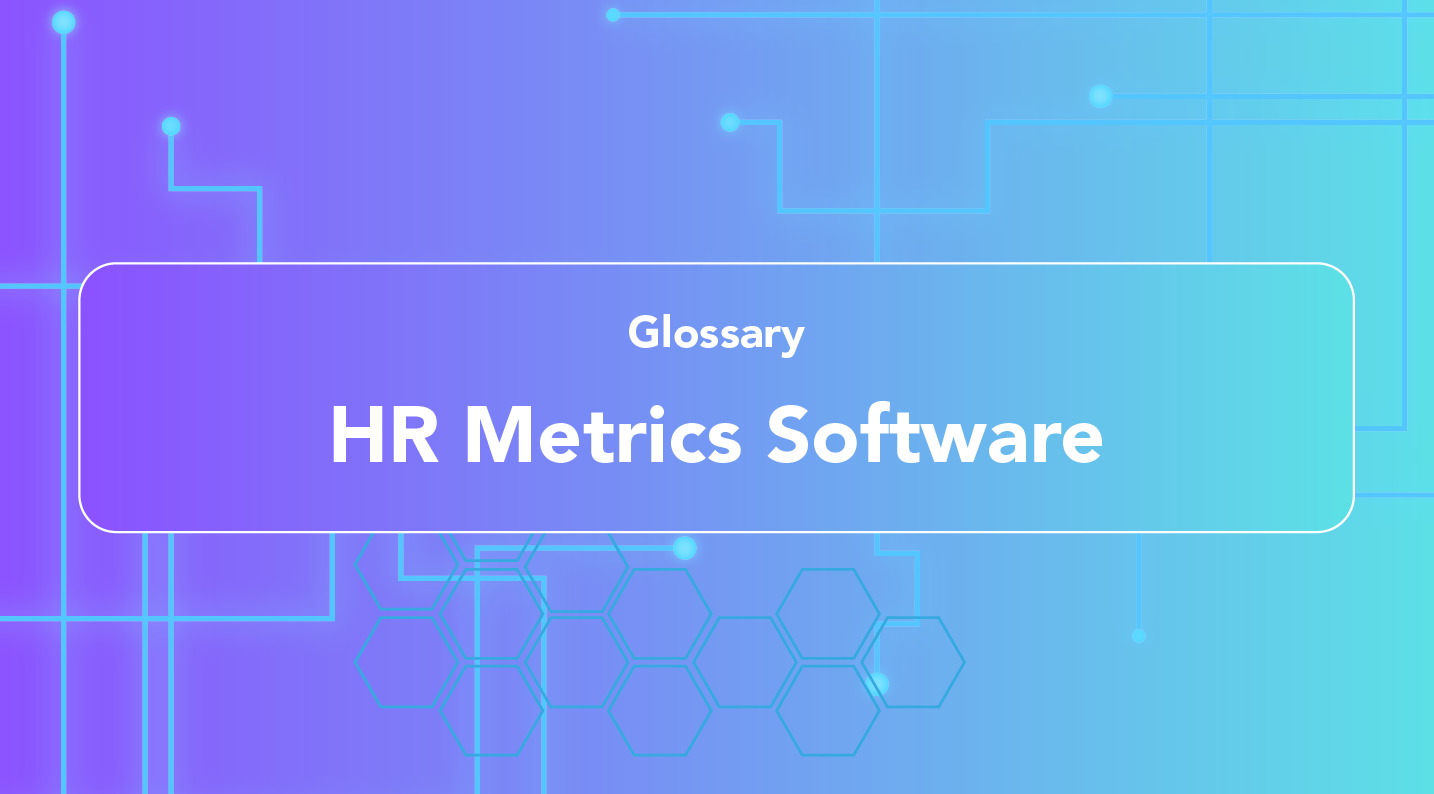- glossary
HR metrics software is a digital tool that helps organizations collect, analyze, and report on various human resources metrics. These platforms enable HR teams to track essential data, such as employee turnover, retention, training effectiveness, and diversity, to make data-driven decisions. The software provides real-time insights into workforce trends and helps HR professionals optimize processes related to hiring, performance management, compensation, and employee engagement.
- Data Analytics and Reporting: Provides dashboards and visualizations to analyze key HR metrics such as turnover rates, hiring timelines, and employee engagement scores.
- Employee Performance Tracking: Helps monitor employee performance and productivity through metrics tied to goals, KPIs, and development plans.
- Workforce Planning: Assists in forecasting workforce needs based on historical data, enabling better resource allocation and staffing decisions.
- Compliance and Reporting: Ensures HR activities comply with labor laws and regulatory requirements by tracking diversity, pay equity, and other compliance-related metrics.
- Integration with HRIS: Many HR metrics software solutions integrate with HR Information Systems (HRIS) to centralize data for a more comprehensive view of the workforce.
FAQs
- How does HR metrics software improve HR decision-making?
HR metrics software provides data-driven insights that help HR teams make more informed decisions regarding hiring, training, compensation, and employee engagement, leading to more efficient HR operations.
- What are common features of HR metrics software?
Common features include customizable dashboards, real-time data analytics, employee performance tracking, workforce planning tools, and compliance reporting capabilities.
- Can HR metrics software be integrated with existing systems?
Yes, most HR metrics software integrates with HRIS, payroll, and other workforce management systems to centralize and streamline data analysis and reporting.

.png?width=50&height=50&name=Team%20HONO%20logo-01%20(1).png)




